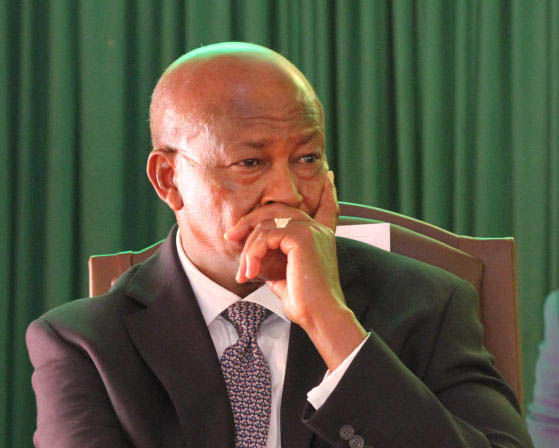×
The Standard e-Paper
Join Thousands Daily

When the Court of Appeal sits to hear the cases filed by President Uhuru Kenyatta, ODM leader Raila Odinga, Attorney General Kihara Kariuki and the electoral commission, seven issues stand out.
If the court is to allow the Building Bridges Initiative (BBI) juggernaut back on the rails, the judges will first be determining whether the Independent Electoral and Boundaries Commission (IEBC) had quorum to verify the signatures submitted by the BBI proponents.